FAQ’s – Answers to common water questions and common water problems
Why do I need a water test?
- We conduct a free water analysis in your home to determine exactly which contaminants or minerals we’re dealing with in your water supply
- Discovering if your water is safe to drink is important for the health of your family
- Finding out what’s actually in your water will help us decide on a system that can help with that issue
- Water is different for everyone, from every different location. Your home’s plumbing may be a source of water quality
How much does a water filtering system cost?
- Each system we provide as experienced Kinetico technicians is based solely on solving your individual water challenge. We can also work with your budget, and add to your system over time. Ask us to quote you on your system, designed for you!
What’s the difference between reverse osmosis and a water softener?
- Hard water is softened by removing the calcium and magnesium it contains
- Water pressure and a semi-permeable membrane removes contaminants from water with a reverse osmosis system
- Salt is used to remove minerals from water with a water softener system
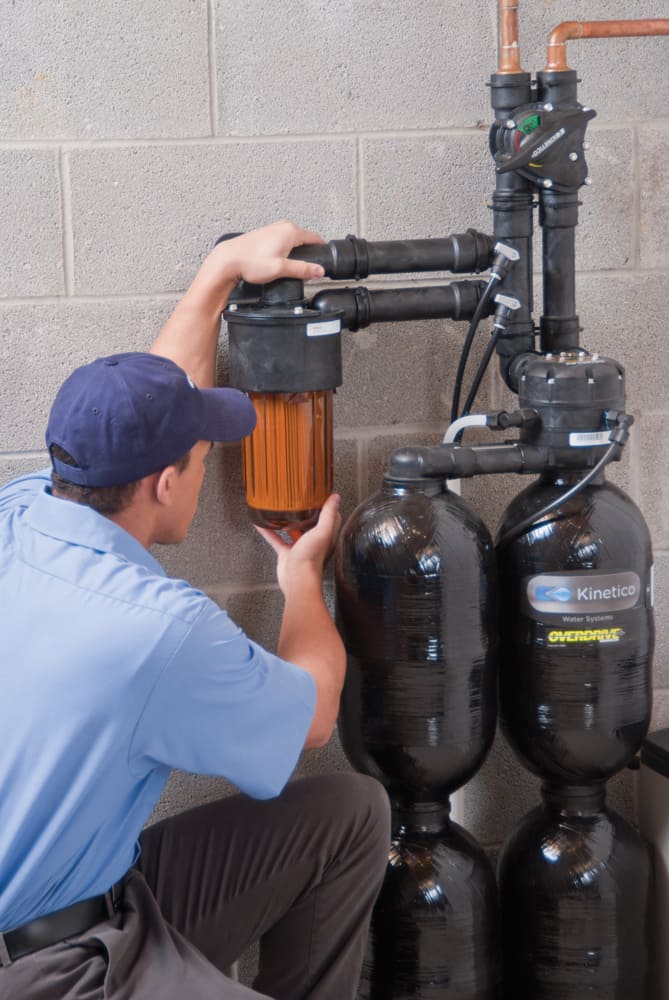
What could be in my well water?
- If your home’s water is supplied by a private well, you are responsible for the water’s quality and remediation
- Water that is brought into your home is the result of your location and the natural environment
- Using water from a well is ‘working water’, used to bathe, cook, and do laundry and accounts for up to 99% of the water used in a home
- We can’t see bacteria, and if it’s harmful, or, parasites with the naked eye
- Chemicals both introduced by agriculture or industry could be in the well water supply
- Naturally occurring chemicals and minerals, such as arsenic, copper, calcium, and radon
- Bacteria from malfunctioning sewers could be in a well water supply
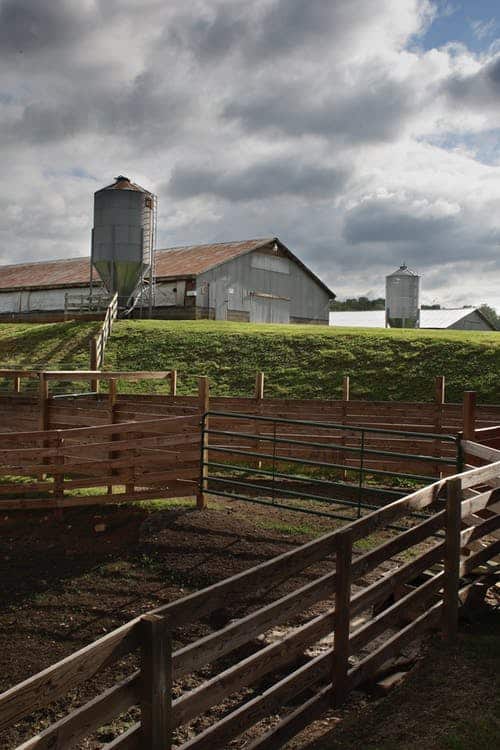
My water comes from the Town, why do I need to purify it more?
- City Water Treatment: although treated, city water still can have some water quality issues
- Chemical or natural bacterial runoff from agricultural lands
- Chlorine is added to city water, many can smell and taste it
- The aging water delivery system can be a problem in some areas
- Hard water from the town can be the culprit for many home water challenges

Why does the water smell bad at different times of the year?
- The source of your water will determine smell and taste. For example, a town in northern Durham Region takes water from a swampy area south of town, containing bacteria that can cause a foul taste and smell, especially in the warmer months
- We can improve the smell and taste of water with different solutions, pending the outcome of your water analysis, and the source of your water supply.
What is hard water?
- Hard water contains iron, and can cause obvious buildup on your taps and appliances, but it’s what you can’t see that can be a worse issue. Hard water can cause interior buildup in your appliances and effect their performance, such as in your water heater, which can become clogged.
- Limescale buildup in your shower is unsightly and difficult to clean without harsh chemicals.
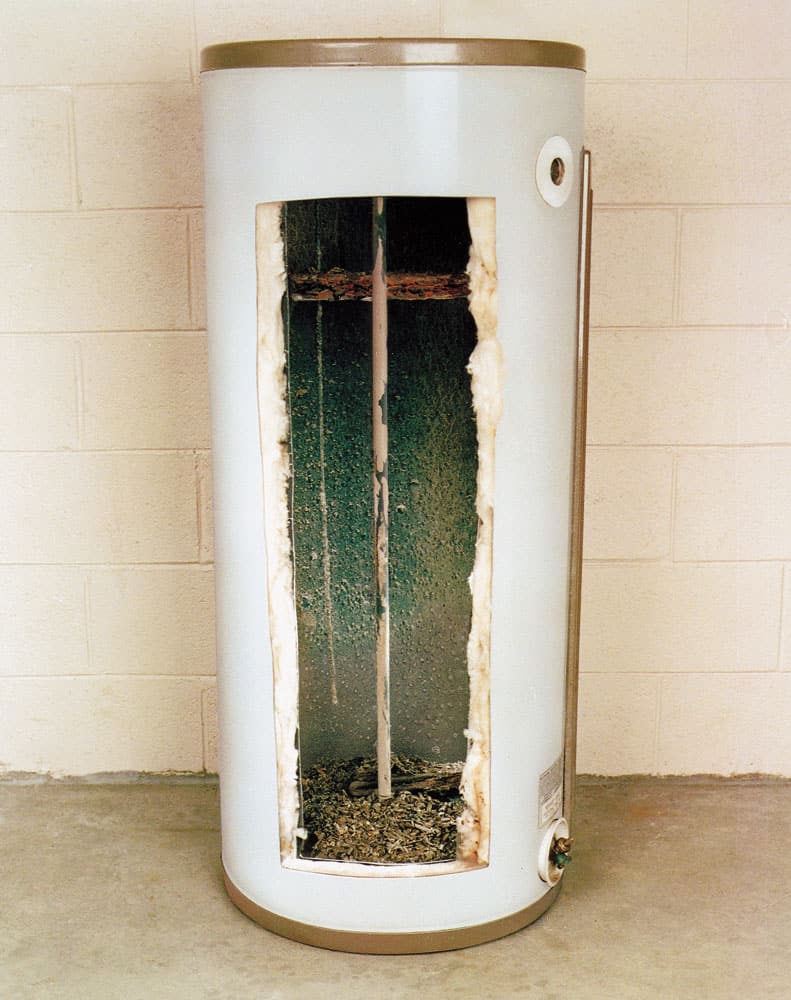
What is Lime Scale?
- Eliminate chalky white marks and stains from fixtures
- Water naturally contains minerals, like calcium and magnesium, found in most water supplies
- Heated water in your home can form a rock-like scale build-up, which shows up on your shower doors, and fixtures, and in your water pipes and appliances
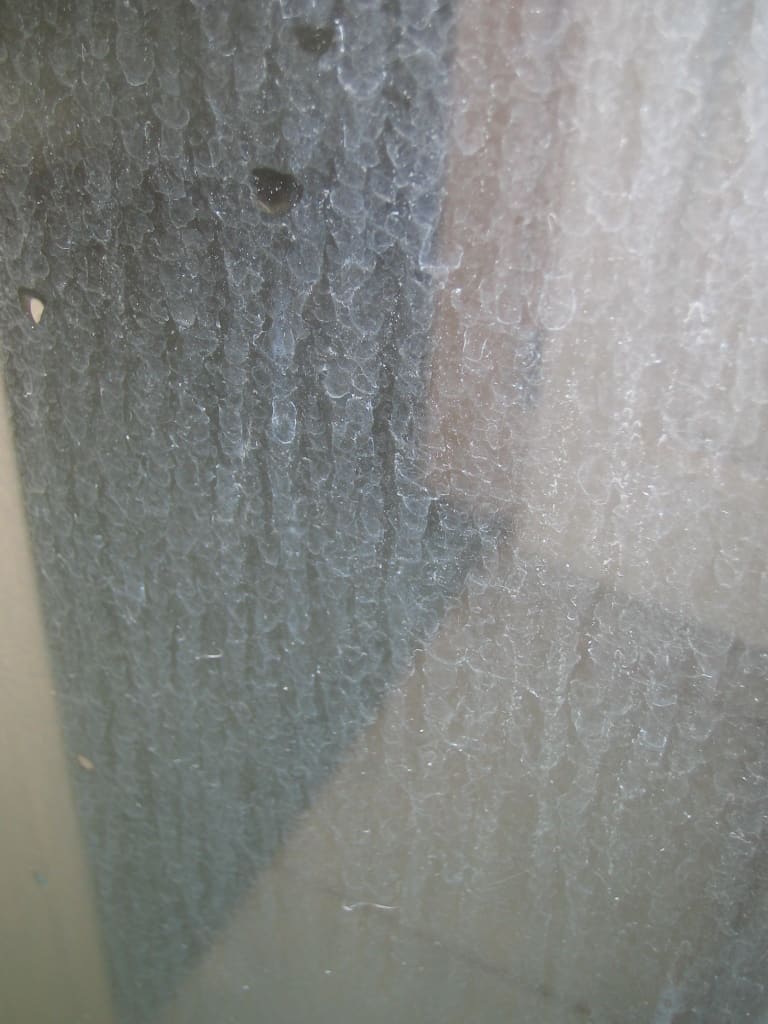
Why is the water cloudy?
- Cloudy Water can be described as coloured grey water, or a murky appearance, and may be caused by sediment or dissolved or suspended solids
- Your water pipes may be contaminated with small particles such as rock, stone, sand or dirt.
- Cloudy water may be harmless but it may require a water analysis to locate it’s source and find a suitable solution.
What is that stain in my toilet?
- The Kinetico Twin Tank Iron Filter will solve the nasty orange particles staining your water
- Iron can leave lasting stains on your appliances and clothing, so it’s crucial to eliminate it from your water.
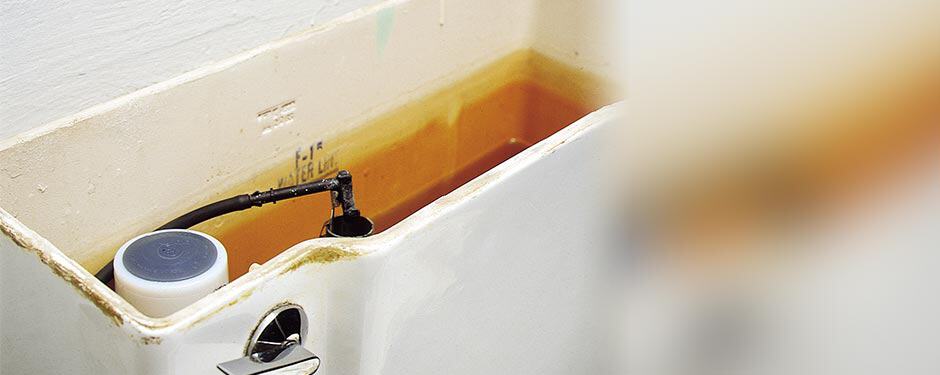
Will softer water help with dry skin and hair?
Yes, removing the harsh chemicals and minerals from your water will have the benefit of being softer on your skin, helping with dry hair and dry skin, and allowing you to use only a portion of your usual soap and shampoo in the shower. Hard water can be a cause of scalp itch, and chemicals and minerals can cause a buildup on your hair as well. Hard water can also be harsh on colour treated hair, and it can fade more quickly.
Is soft water good for doing laundry and washing dishes?
Yes, the laundry will be softer, lighter, fluffier, and you will find you use up to 60% less detergent, or even more with a high-efficiency washer, when doing laundry. Dishes will be clearer and you’ll see less water spotting on your glasses, shower doors, and no staining on your taps from white limescale buildup. Fabrics washed with soft water will last longer and be brighter, especially the whites in your wash. You can clean with cold water, instead of hot or warm for most washes.
